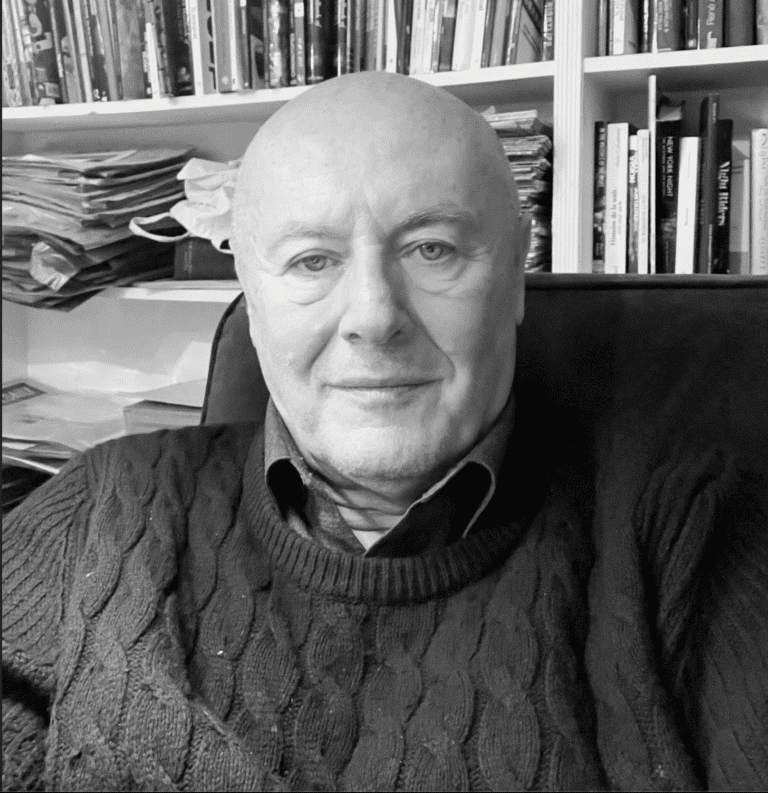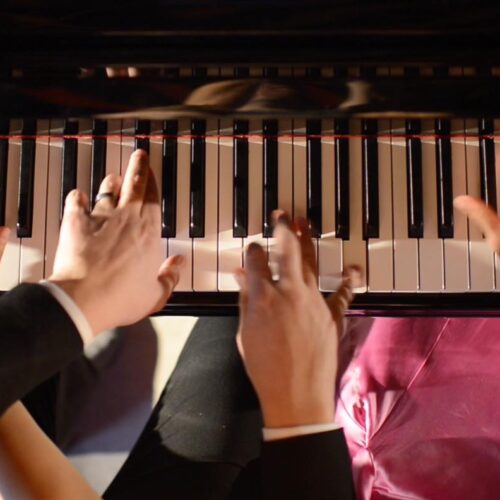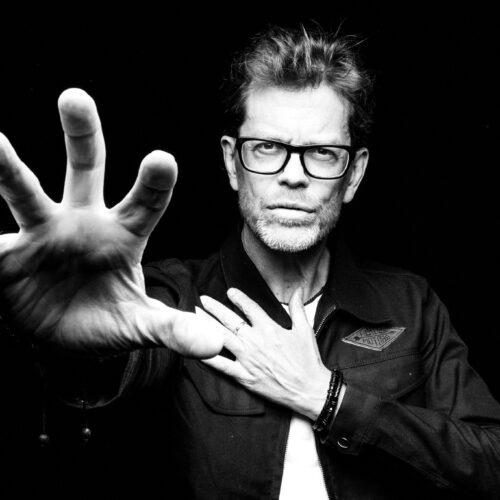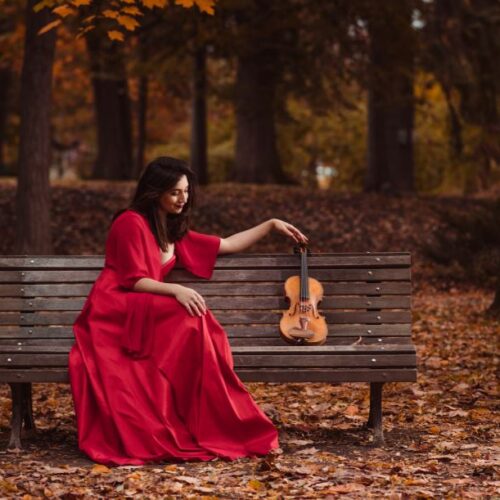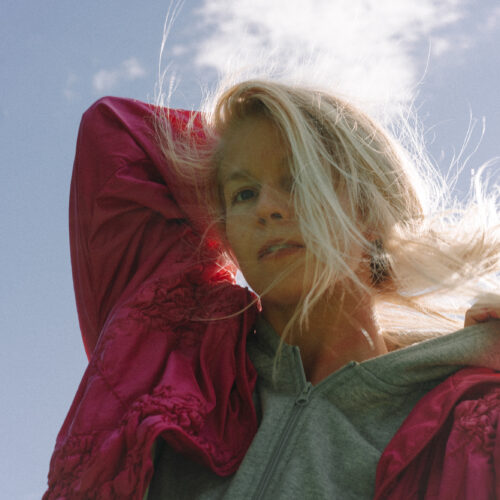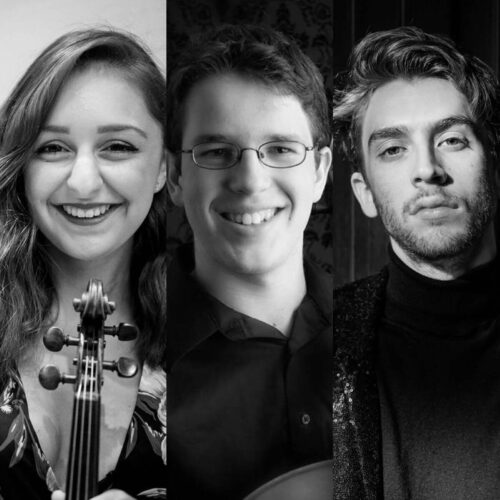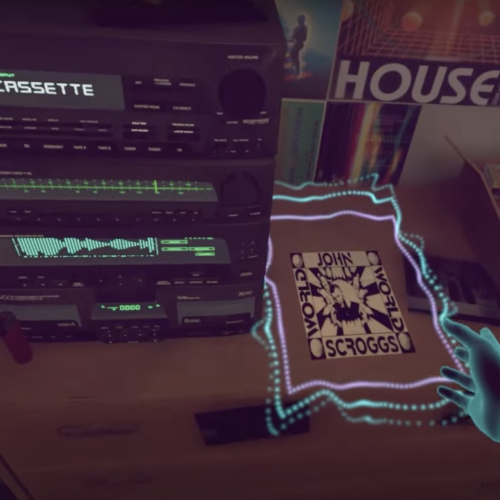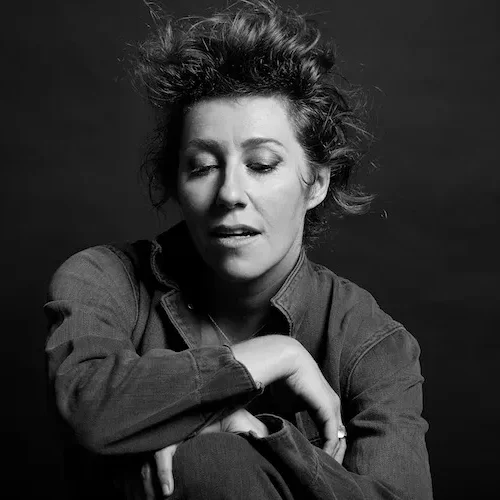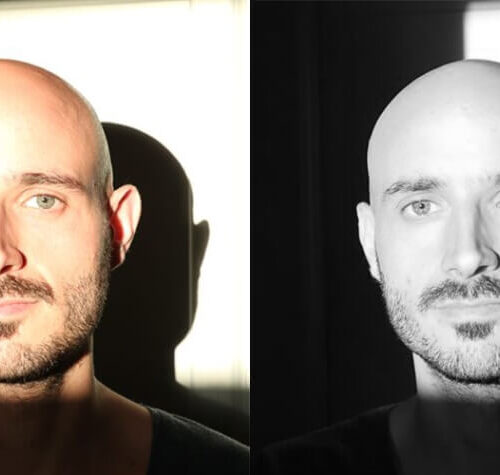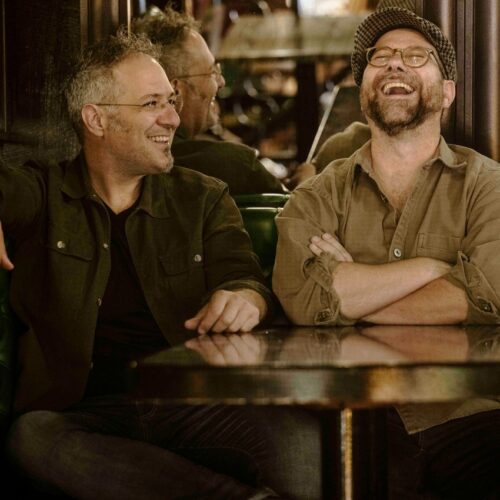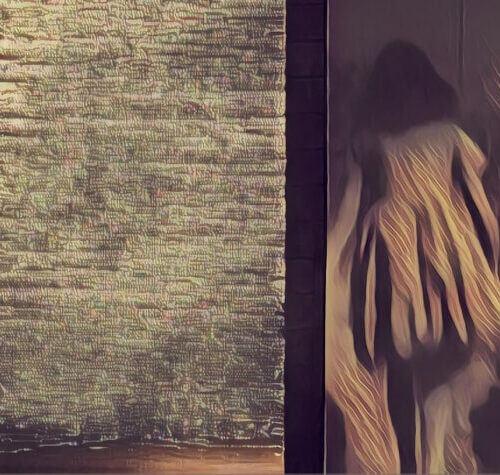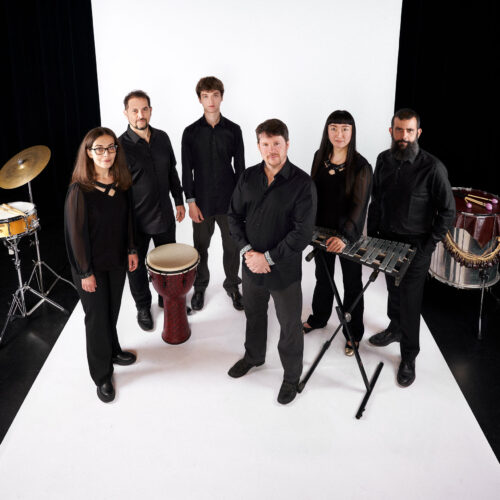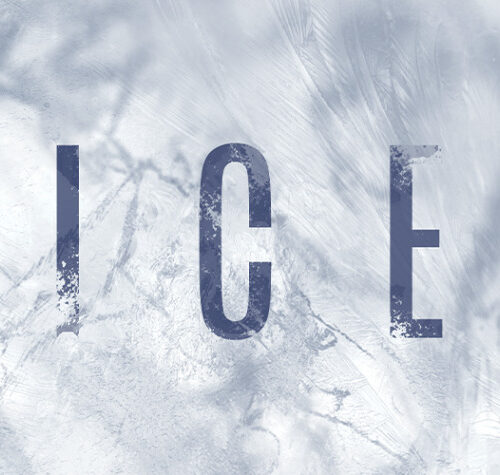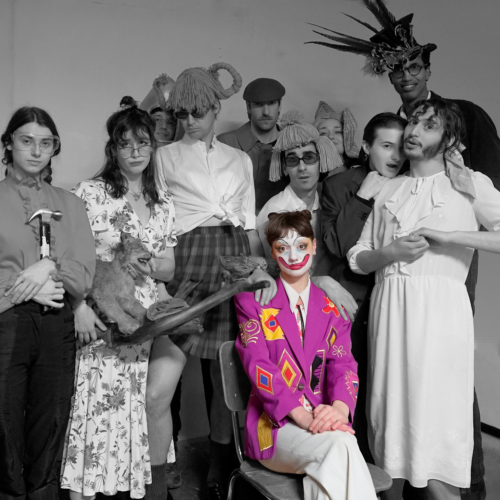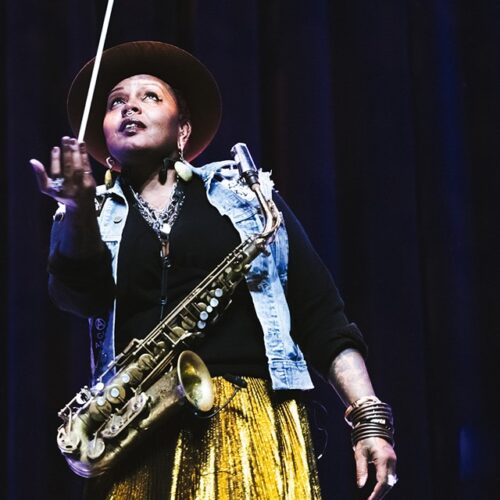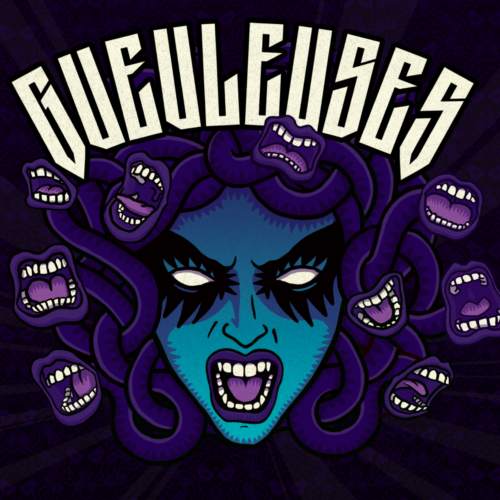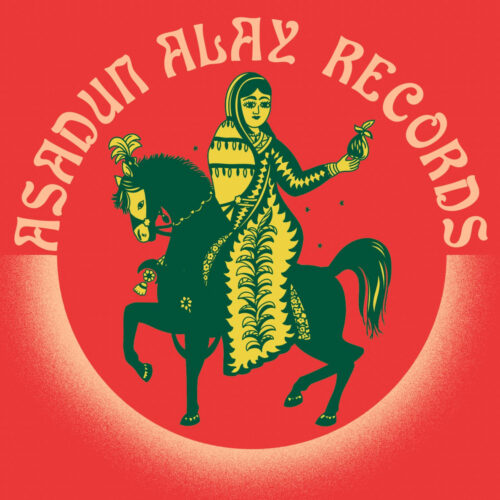Additional Information
At the occasion of MTL Night Summit 2023, we are interviewing Will Straw, professor of Media Studies at McGill University, a renowned expert in the academic field of we call night studies. As a dedicated scholar and board member of MTL 24/24, Straw sheds light on the evolution of the organization, the significance of night studies as a burgeoning field, and the historical context of Montreal’s vibrant nightlife. Join PAN M 360 as we explore the interplay between music, scenes, policies, and the vision for the future of Montreal’s night culture.
PAN M 360: You have been involved with MTL 24/24 since the beginning. How did you take part in this project?
Will Straw: I met Mathieu Grondin, the director of MTL 24/24, a couple of years before the pandemic. He knew that I had written about the night, so I was excited to join and now I’m a board member. It has been an incredible experience to witness the organization’s growth from producing events like MTL au Sommet de la nuit to gaining international recognition.
PAN M 360: You work in the field of night studies. What does that entail?
Will Straw: People have always been interested in the night since it exists, and there have been books and studies about it. However, in the last decade or so, there has been a significant increase in research about the night in various languages like English, French, Italian or Spanish and we begin to refer to each other. Anthropologists refer to historians, who refer to economists, who refer to sociologists and so on, and a community has developed. This year, we will have the third international conference on night studies. It’s an exciting and relatively new field.
PAN M 360: Is the field of night studies well-developed in Canada?
Will Straw: There are people in Canada working in this field, especially on the West Coast. Montreal has become a hub, not just because I live here, but also because of the presence of scholars at McGill University, Concordia University and UQAM. We collaborate, host events together, and have formed a strong night studies community in Canada.
PAN M 360: You also have an interest in the historical aspect of Montreal nightlife. Can we identify a “golden age” of nightlife in the city?
Will Straw: People tend to consider the time just before they arrived as the golden age. Some may regard the 1940s as a golden age, despite the issues of racism, police repression, and corruption. The 1960s, with the EXPO 67 World’s Fair, saw an expansion of go-go clubs and discotheques, particularly around Crescent Street and Stanley Street. In the 1970s, Montreal was considered the second biggest disco city in the world. There have been many golden ages, and I hope we are currently in a period where nightlife is more open, accessible, equitable, recognized, and tolerated by the government.
PAN M 360: How is music linked to the night?
Will Straw: : It is interesting, and I realized when I tell the story of nightlife, I’m referring to music and nightclubs because those are the institutions we typically associate it with. There are other people who will talk about a golden age of Montreal theater, for example, I don’t know what years those would be, and that would be nightlife. Others will talk about the golden age of the restaurants where you danced, and so on. But you know, so many of us, we tend to tell the history as scenes and that may be just our biases, but I think it is true as well that music is perhaps the most recognized form of nightlife.
PAN M 360: You have extensively studied scenes as a researcher. How would you define a scene?
Will Straw: The concept of a scene has been used by journalists and others, I didn’t come up with it. A scene refers to informal social organizations. It’s not like a formal club with membership cards but it’s a space where there’s a free fluid association of people who are both producing things like music, food, etc. but also engaged in a kind of sociability, they hang out, they gossip… then you have a scene. Those of us who use the term of the scene prefer it to something like subculture or something like community, which is maybe a bit old fashioned. There are all kinds of scenes. I remember going to bars and you see all these high school teachers hanging out after work, well, that’s a scene. Whenever a kind of supplement of sociability here attaches itself to an activity, then you have a scene.
PAN M 360: The existence and development of scenes are highly influenced by the legal framework and policies. How can we make progress in this area?
Will Straw: Some say that Montreal lacks a nightlife policy, but in reality, there has been a policy for the past 100 years. However, it has often involved police shutting down places or accepting bribes. Nightlife has historically been seen as something to control and repress. LGBTQ+ communities have fought for the right to be out at night, and there have been struggles for fans of certain music genres. To make progress we need to first convince the city that the night has economic value in terms of tourism and consumption. We must advocate for the right to occupy the night as citizens. This includes addressing issues like noise and ensuring the safety of people who go out at night, as well as improving access to transportation. The city should see its responsibility in supporting and nurturing the night as part of its duty to its citizens. It’s not just about party-goers; it’s about the people who work in hospitals, bakeries, and factories that operate at night.
PAN M 360: How does MTL 24/24 contribute to creating momentum around Montreal nightlife?
Will Straw: Groups like MTL 24/24 play a crucial role in creating momentum for several reasons. Firstly, they bring together people who work in the night industry, who often don’t have the opportunity to connect with each other. By recognizing their contributions and status, they create a political presence. Secondly, cities worldwide are recognizing the importance of nightlife and implementing policies accordingly. Montreal doesn’t want to be left behind, so there is external pressure for change. The local scene also pushes for progress, driving the momentum further.
PAN M 360: If you could make a wish for the future of Montreal nightlife, what would it be?
Will Straw: As an older person, I may not want to dance until 7 in the morning, but I would like to see improvements. My wish would be to have affordable late-night dining options available for those working during those hours. Additionally, convenient and frequent transportation to get home safely in the middle of the night would be beneficial.
